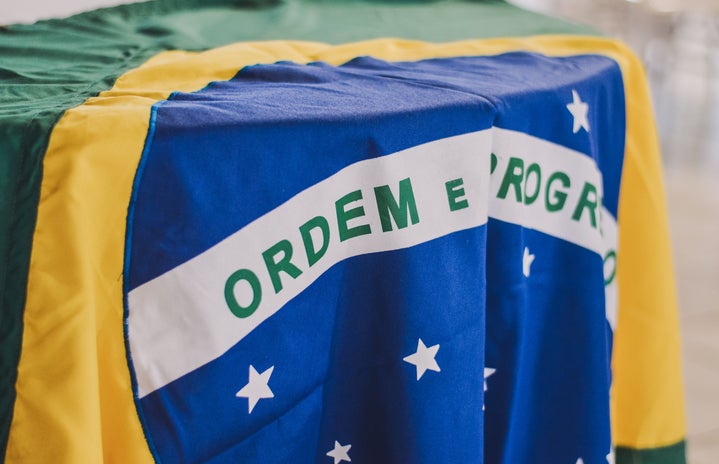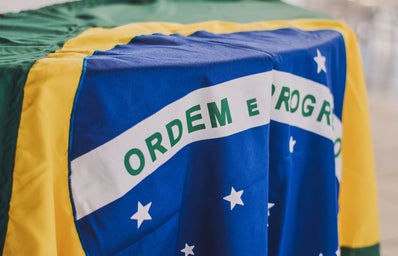March 31st marked the 60th anniversary of the Brazilian military coup. This subject caused a great deal of outrage among the media, because the current president of the republic, Luiz Inácio Lula da Silva, didn’t talk about or pay homage to such an important topic or the country.
What was the coup of ’64?
March 31, 1964, is a noticeable day in Brazilian history, as the day the country suffered a coup d´etat that ushered in the dictatorship, a ghost that still haunts us with so much oppression and censorship. The justification used by the military, at the time, was that João Goulart, president in 1964, represented a possible communist threat, which did not please landowners, businessmen, and the church itself.
As a result, Jango was deposed from his position as leader of the republic and the Brazilian dictatorship began. This period was known for its torture, press censorship, and political persecution of anyone who opposed the regime, which lasted until 1985.
Why hasn’t the president spoken about it?
Lula, the current present president of Brazil, was arrested during the military dictatorship for being the leader of a metalworkers’ strike in a region of São Paulo, called ABC, and was imprisoned for 31 days. Even if this did happen, why hasn’t the president made any statements about the coup of ’64?
This doubt has crossed the minds of his supporters and the big press since talking about the issue is of the utmost importance if it is not to be repeated. Gilney Viana, a former federal deputy who was imprisoned for 10 years during the military dictatorship, said in a statement given for the Metrópoles newspaper.
“We need to grind the 1964 coup into flour. We need to create a negative collective memory of the coup. Only in this way will coup attempts not be repeated”
Gilney Viana
The deputy added to his speech, by saying that the January 8th attack was a late repercussion and that the coup of ’64 should not be disconnected from the attack on the headquarters of the three branches of government.
The fact is that Lula didn’t want to testify about the military coup because “it’s already in the past” and he prefers not to prolong something that has already happened in history.
The president’s statements caused a great deal of discontent among victims of the dictatorship and human rights organizations since they are fighting for recognition of a painful part of Brazilian history. According to Gilney Viana, leaving this issue underwater would be to “kill those who died under torture all over again”
————————
The article above was edited by Julia Tortoriello.
Liked this type of content? Check Her Campus Cásper Líbero home page for more!


